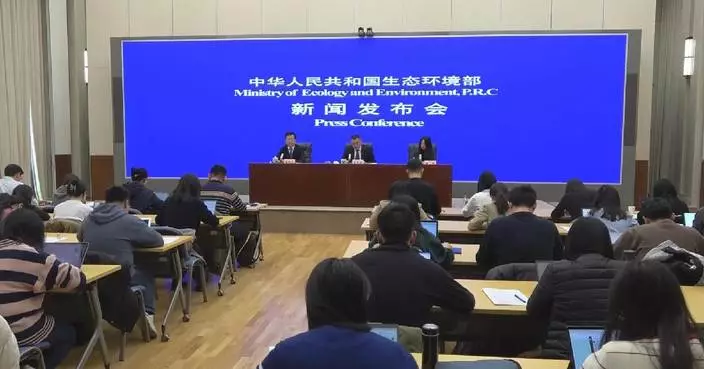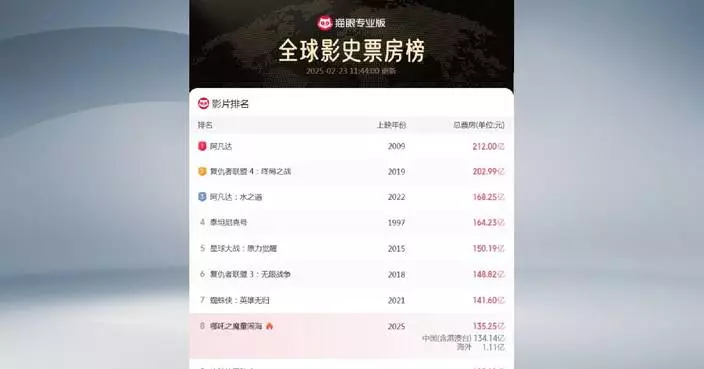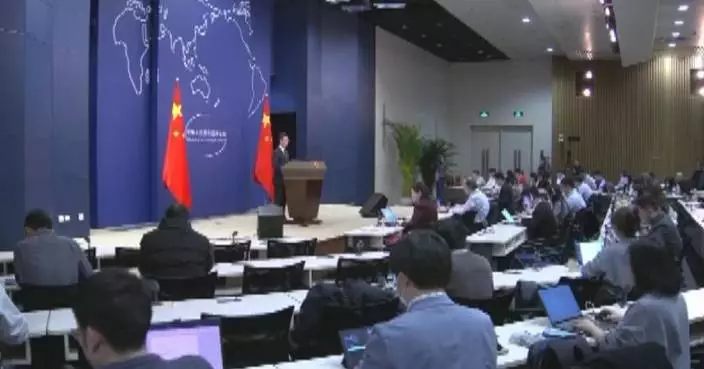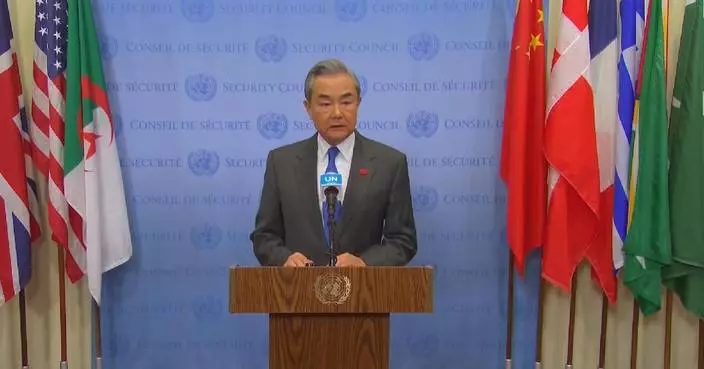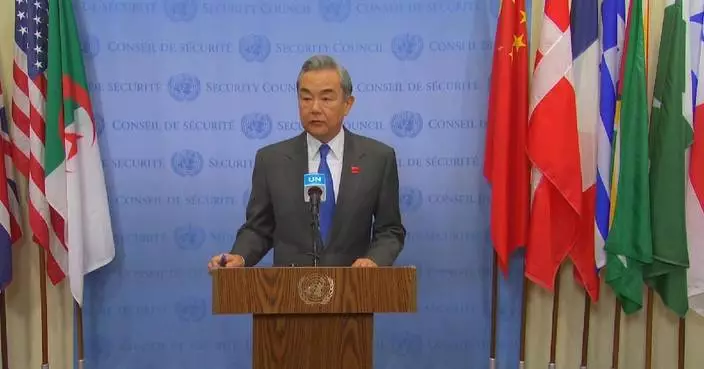Roaring tides surged through the Qiantang River in east China's Zhejiang Province on Thursday, growing even more tumultuous under the influence of Typhoon Pulasan and creating a dramatic natural spectacle.
The Qiantang River tidal bore as seen in Haining City is one of the largest tidal bores globally, reaching its peak spectacle on the 18th day of the eighth month in the Chinese lunar calendar. Thursday marks the 17th day of the eighth month this year.
A tidal bore is a phenomenon where the leading edge of an incoming tide creates a wave that surges up a river against the flow. The Qiantang River tidal bore, famous for its height and speed, is a traditional tourist attraction in Zhejiang.
At Daquekou, renowned as one of the best spots for observing the Qiantang tidal bores, the waves surged as high as 1.7 meters on Thursday due to the impact of Typhoon Pulasan, which is expected to make landfall on the Zhejiang coast between Thursday afternoon and evening.
The river's tidal bores are also known for their variable patterns, with the crossing bore, the one-line bore, the back-flow bore, and the fish scale bore being the four common types.
At another viewing point in Yanguan Township, the one-line bore was seen on Thursday as the roaring tide surged forward at a speed of more than 10 meters per second.

Typhoon intensifies roaring tides of Qiantang River, creating dramatic natural spectacle







